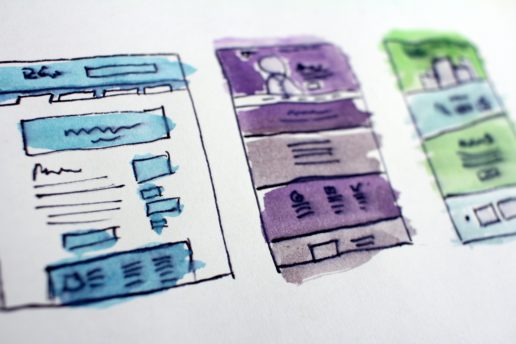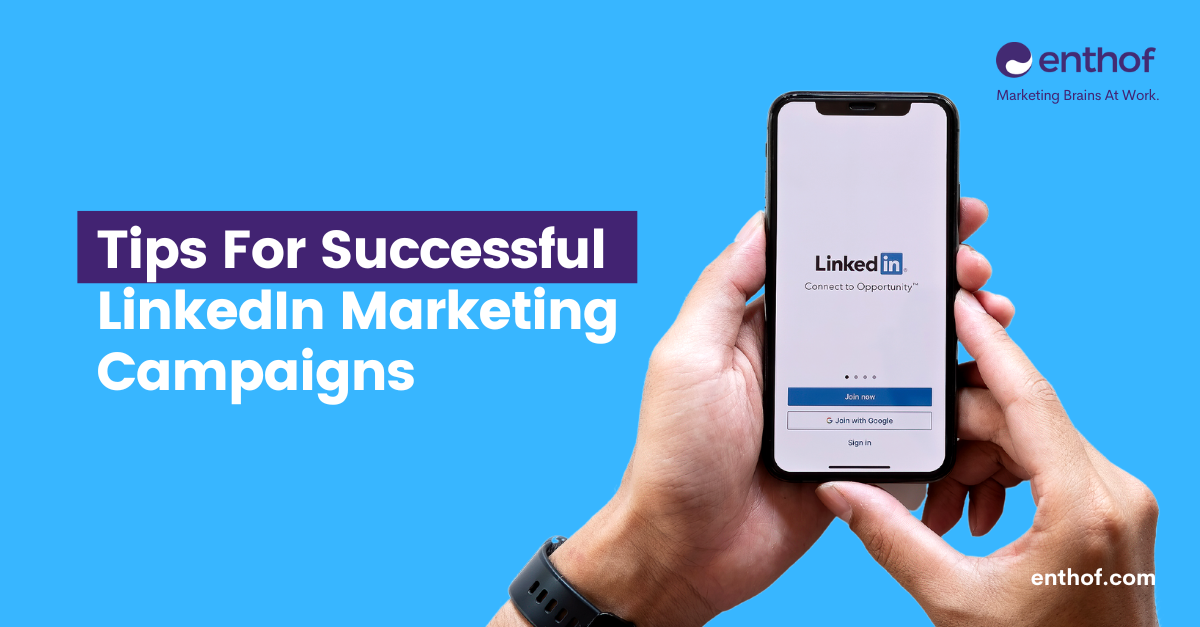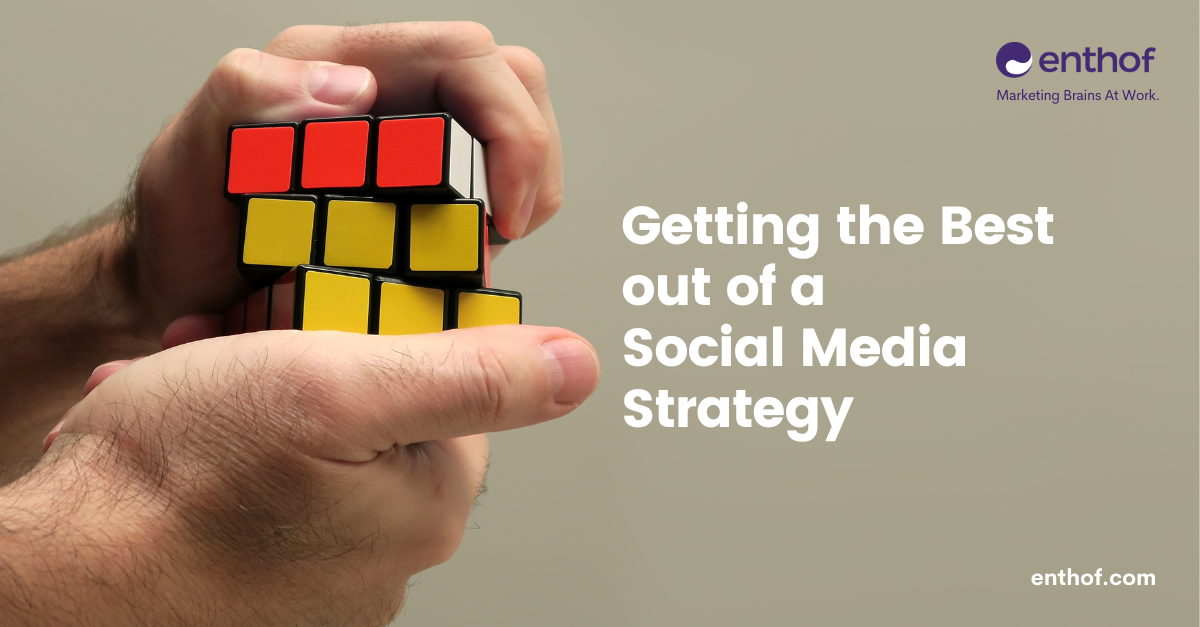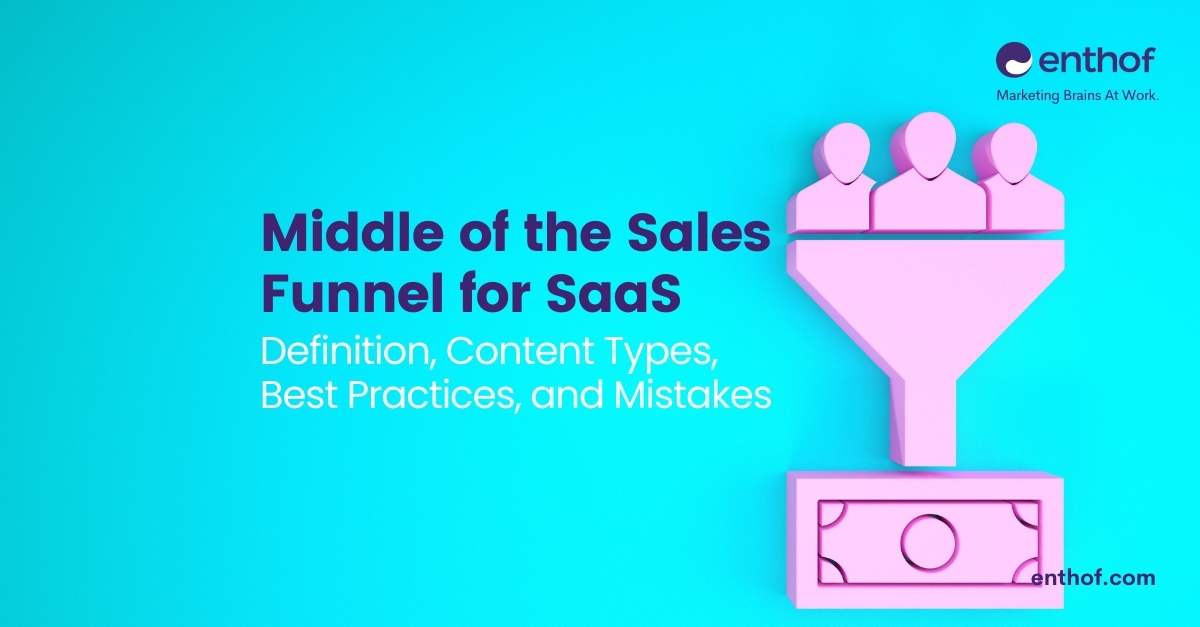5 Marketing Tactics for Your Digital Event
With the current Covid epidemic, setting up events are at considerable risk. With a third of the world’s population trapped between February and May 2020, event organizers found themselves in a situation where they literally couldn’t get their jobs done, and event marketing plummeted. While globally world is phasing out restraint today, it is possible that planning a events will never look the same.
Health measures and social distance as well as work from home are here now and will probably be with us for a long time to come. With this new reality in mind, it is time to take full advantage of digital events. The question is, how do you really go about your event digitally? How do you set it up? How can it be advertised? How do you create a network experience?
In order to answer these questions as effectively as possible, we decided to partner with OFCORES, a agency that specializes in event creation and event marketing. we wrote this article on digitizing events to give you Marketing Tactics for Your Digital Event.
An introduction
You have conceptualized a virtual or hybrid event, define your target group and determined the added value of the event for your audience and your organization. But how can you promote this digital event and achieve your online presence goals?
Fortunately, many of the skills and tactics used in personal event marketing are also used in virtual or hybrid event marketing. This includes the creation of a visual identity or the branding of the event, the creation of a professional and attractive event website or landing page, the allocation of a hashtag to the event, the use of speakers and programs as well as the use of a multi-channel (e- Mail) marketing approach. Email, website. , Social media, paid media, etc.).
Position the Event Brand
Potential visitors are initially exposed to an event through their visual identity. Especially with a digital event, event branding is the visual basis of the entire online event journey. Digital events don’t rely on traditional aspects like impressive physical locations and catering to create event spaces. Instead, it offers complete freedom to create any world or experience imaginable with far fewer physical or budgetary limitations.
Given the huge role your digital brand plays in attending your event, you need to design it to evoke the energy and tone that you want to convey to attendees. Consider colors, fonts, and themes that best suit your industry, audience, and mood.
Your branding efforts will guide your event messaging through the website, online platform, green screen background, social media posts, and emails.

Communicate the Event Format
The way you communicate about the event can make people feel compelled to attend or not to attend, especially in a digital context with distractions competing for your audience’s attention. With clear and engaging communication about the format of the event from the start, the target audience can appreciate the expected event experience.
These communication should be visible on your website and pushed to events email and social media. Keep it simple and engaging so potential attendees are sure what to share and how to participate. However, it is difficult to get someone to register if they do not know what to expect or are afraid of seemingly complex technological experiences.
To motivate visitors, try the shopping experience of the store by promoting short previews of the virtual environment you want to use. This can be done with fun videos, instructions, or images.

Leverage Video
Videos are the most compelling marketing tool available to you. Not only does everyone enjoy watching the original video content, but short video ads are a compelling way to deliver a wealth of information.
The possibilities of video interaction are endless. As mentioned above, providing a quick video preview of your event can motivate your audience to sign up and wait for your event. Additional ideas to generate interest and keep up with your event may include video content that includes:
Short interviews with your speakers
- Program and exhibition highlights
- The main virtual features that should be highlighted
- Potential offers that you manage (discounted tickets, special entry discounts, group prices, price entry, etc.)
- Stories built around the purpose of the event or the benefit of the company
We recommend keeping your promotional videos off to keep up with the pace of your event so people keep coming back to your website and participating in social media before your event.

Include speakers and attendees in the Promotion
Ask speakers, sponsors, or partners to promote the event on your behalf. When these stakeholders are involved in the promotion, your virtual event will be marketed heavily and everyone will benefit. Most speakers, sponsors, and partners will likely want to promote their interaction in advance. Hence, it’s easy to ask them to connect directly to their audience or followers through your digital events.
But make it easy for others to promote your event – everyone has busy schedules and you need to make sure you keep sending messages related to your event. You do this by actively providing all the information you need to promote your virtual event on social media and other channels. For example, create images for them to use on social media with suggested text copy of their role in the event, event date, registration details, related links, hashtags, and more.
In addition, you can provide your registered attendees with a similar collection of promotions to make it easier for them to share your posts. Give them share buttons or pre-made messages to spread the news of your event on their networks and increase registration. Some ways to do this are:
- When the guest registration is complete online, you will be shown a thank you page with social buttons that you can use to announce your participation in your virtual event.
- Send an email to confirm guest registration and add a contact to share the event with colleagues, co-workers and friends. This can include text and images suggested for use.
- Promote your event hashtags when someone wants to talk about your event on social media.
- Offer special discounts or other benefits to those who need a certain number of people to register.
Not only is word of mouth generally more persuasive and credible than corporate advertising, but you will also incur little or no expense with this type of marketing.

Stay Consistent
Your promotional strategies should continue throughout the event and throughout your event. This is especially important to keep registered guests busy and stay online. Be aware of the event, for example:
- At the end of the event, give the audience a “secret gift”.
- Event countdown clocks are used on your event website or in social media posts.
- Putting video to use in your promotions.
- Consistently share relevant event content on social media using the hashtag selected for interaction before and during the event. No one will want to miss out!
- With these digital event marketing strategies you will surely achieve your recognition and presence goals.

Conclusion
While this article will focus on the different tactics your company can use to promote its digital events, this is only part of the process of creating digital events. Our next article will show you how to create a positive communication experience so that attendees can build new professional relationships.
In the meantime, contact Enthof to promote your event. We’ll help you reach your audience with impactful experiences – wherever the audience is.




